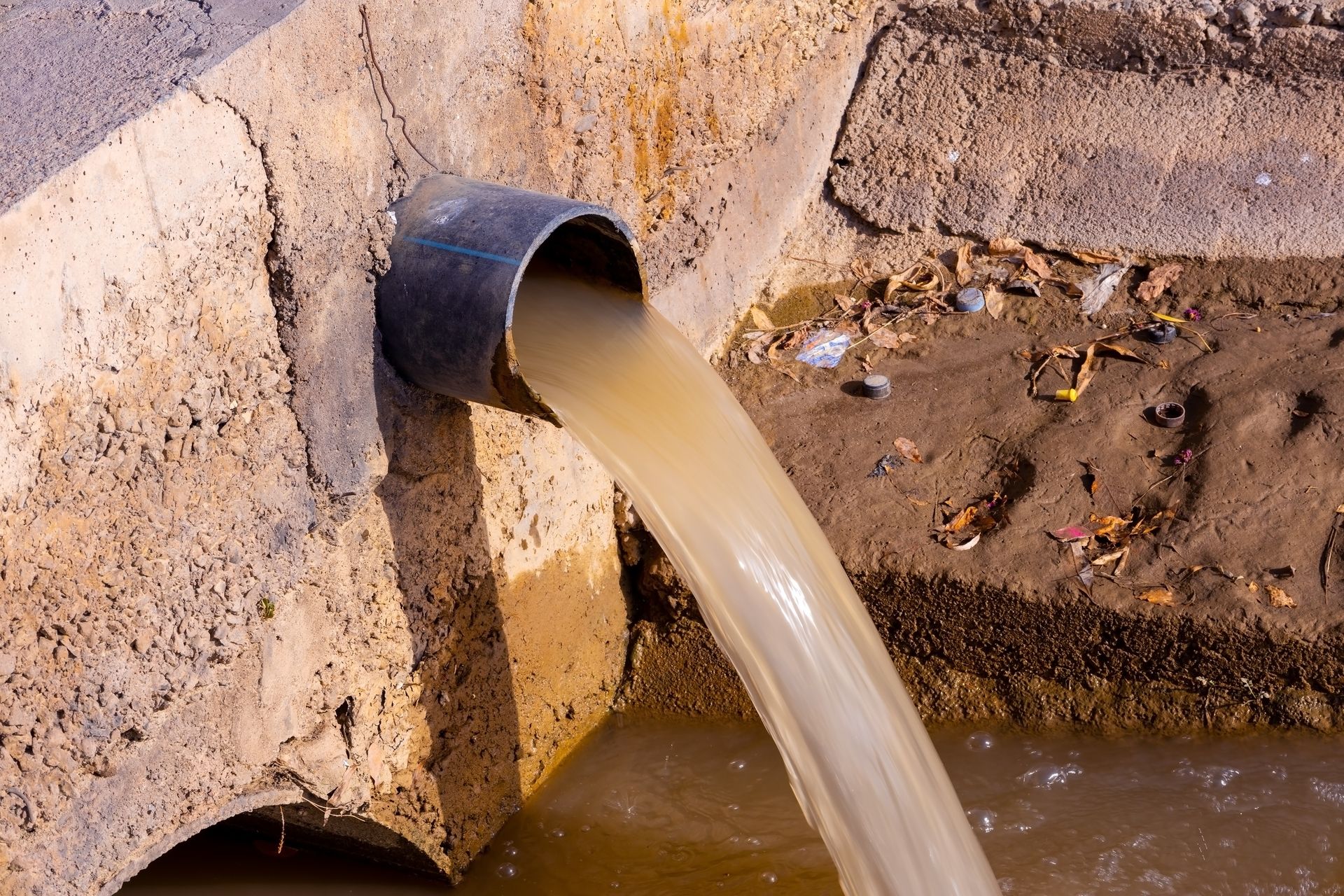In a damning indictment of three decades of water mismanagement, the final report from the Water Commission has revealed a staggering truth: over £85 billion has been extracted from England’s water system by shareholders and affiliated parties since privatisation in 1989. While rivers choke on sewage and pipes leak millions of litres daily, water company bosses and foreign investors have siphoned public wealth with impunity.

This figure, £85 billion, is not merely an accounting entry. It symbolises a national scandal of infrastructure decay, regulatory failure, and environmental harm, all underwritten by a public who are now being asked to pay more for less.
A System in Collapse
The physical state of England’s water infrastructure mirrors its financial looting. The country’s Victorian-era pipes are crumbling. Leakage levels remain stubbornly high, in some regions, up to a fifth of treated water disappears before reaching taps. Despite repeated promises to plug the gaps, Ofwat’s own data shows many companies have failed to meet even basic leakage targets.
Simultaneously, raw sewage spills into rivers and seas with alarming frequency. In 2023, Thames Water alone discharged untreated effluent for over 16,000 hours, a 105% increase on the previous year. Nationally, more than 3.6 million hours of sewage spills were recorded, a sign not of sudden rainfall but of systemic collapse. Some bathing beaches, once safe havens, now regularly fly pollution warnings. Anglers, swimmers, and conservationists alike have become frontline witnesses to this decline.
Regulators in Retreat
While water companies rake in profits, the regulators meant to hold them to account appear paralysed. Ofwat, the economic regulator, has approved dividend payouts even as performance targets were missed. DEFRA, the government department responsible for environmental protection, has been repeatedly criticised for inaction.
The Environment Agency, once a respected watchdog, has been gutted by budget cuts and political indifference. In 2022, it was revealed that only 6% of rivers in England met good ecological status. Sir James Bevan, the outgoing head of the Agency, admitted that chronic underfunding had turned the body into a “paper tiger”.
A senior figure from the Water Commission did not mince words: “Company executives and boards, regulators, ministers, all were to blame. This £85 billion represents a direct transfer of value from the public to private owners, a sum extracted while storm overflows proliferated, leakage targets were missed, and river health declined.”
Profits Before Pipes
At the heart of the anger is the paradox of profit. Since privatisation, England’s water companies have become vehicles for financial engineering. Complex webs of offshore ownership allow firms to borrow heavily, pay generous dividends, and claim tax relief, all while delaying critical investment in infrastructure.
In 2023, United Utilities paid out £321 million in dividends. Severn Trent distributed £261 million. Meanwhile, both reported pollution incidents and missed key performance indicators. Southern Water, which was fined £90 million in 2021 for dumping billions of litres of sewage, paid its CEO nearly £1 million in total remuneration the following year.
According to BBC analysis, from 1991 to 2023, the largest water firms have distributed more than £72 billion in dividends, and that figure does not include management fees, intercompany loans, or asset sales benefiting affiliates.
Public Pays Twice
Despite these payouts, water bills are rising. Average household bills in England and Wales increased by 6% in April 2024, bringing the annual cost to over £473. Yet service quality has declined. Hosepipe bans have returned, even in regions with full reservoirs. Customers report foul-tasting water, low pressure, and frequent outages.
And now, the public is being asked to pay again, this time for long-overdue investment. Thames Water, teetering under £14 billion of debt, recently appealed for a £3 billion public bailout to fund infrastructure upgrades. Ministers have refused to rule out nationalisation if the company collapses. But even that raises the question: why should the public rescue firms that have spent decades enriching private interests?
The Brexit Effect
Brexit, too, has played a role in weakening environmental safeguards. Before leaving the European Union, the UK was bound by the EU’s Water Framework Directive, which imposed legal obligations to improve water quality. Since departure, the government has loosened monitoring requirements and proposed weakening river pollution targets.
Critics warn of “regulatory drift”. In March 2024, the Office for Environmental Protection accused ministers of failing to enforce existing rules, allowing agricultural runoff and wastewater discharge to go unchecked. While some hoped for “British standards, not Brussels’, the reality appears to be no standards at all.

Winds of Change?
Public anger is palpable. Protests have taken place along the Wye, the Thames, and the Medway. Social media campaigns like #EndSewagePollution and #WaterNotProfit have surged. Trust in water companies is at historic lows. According to a 2024 YouGov poll, 68% of the public now support re-nationalising the water industry.
Politicians have noticed. Labour has pledged to introduce a publicly owned "Great British Water" company, while promising tighter regulation and mandatory investment ratios. The Liberal Democrats back nationalisation of failing companies and criminal sanctions for polluting executives. Even some Conservative MPs have called for a windfall tax on water company profits.
In July 2024, Ofwat and DEFRA launched a joint “Infrastructure and Accountability Reform Package”. Proposals include banning dividend payments for underperforming companies, capping executive bonuses, and introducing criminal liability for persistent polluters. Critics argue it is too little, too late.
What’s at Stake
Water is not a luxury. It is the foundation of public health, environmental sustainability, and economic resilience. Yet in England, it has been treated as a commodity to be exploited, not a common good to be protected.
The £85 billion drained from the system is more than a number, it is a measure of neglect. Neglected pipes. Neglected rivers. Neglected people. And unless radical reform is enacted, we will continue to pay, in bills, in floods, in polluted beaches, and in the slow erosion of trust in those who were meant to serve us.
The Water Commission’s report should be a reckoning. But whether it becomes a turning point or just another ignored warning depends on what happens next, in Parliament, in boardrooms, and in the streets.
Because if water, of all things, cannot be managed for the public good, what can?



